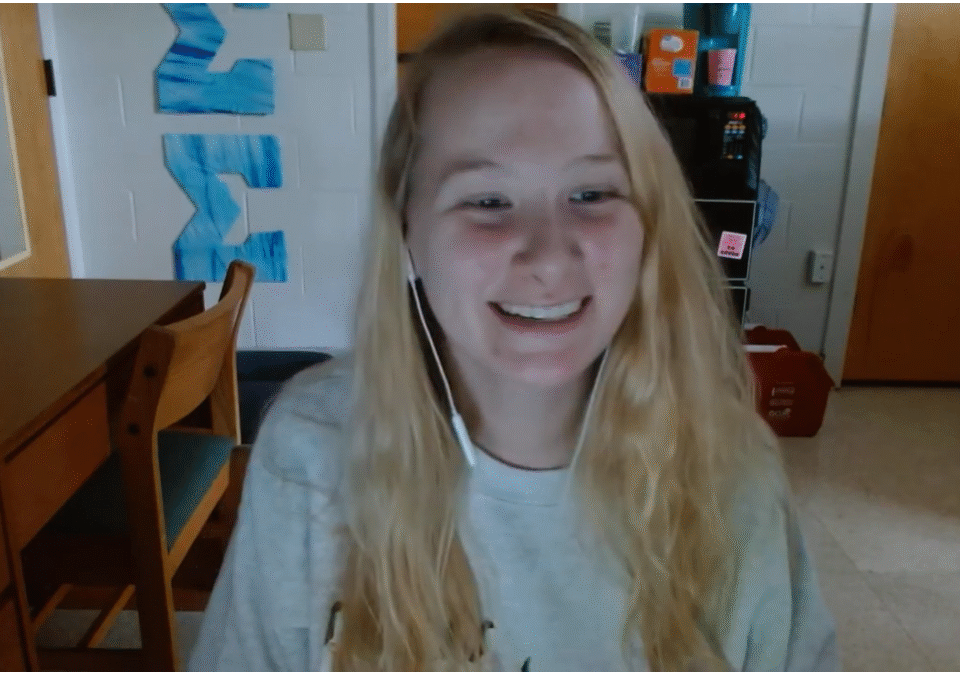The Language of Flowers: A Novel by Vanessa Diffenbaugh is a work of fiction, not a book specifically about foster care, but it does illuminate some of the people affected by the foster care system. It begins with the emancipation of Victoria Jones, a young woman who grew up as a child in the California foster care system. According to her paperwork, it is her 18th birthday, but she doesn’t know her actual birthdate, just like she doesn’t know the names of either of her biological parents.
This birthday is not a happy occasion. As a “gift,” her fellow group home residents set fire to her bed. Then, driving her to her new transitional home, her caseworker lectures her on her likelihood of failure as an adult: “no high school diploma, no motivation, no support network, a complete lack of social skills.”
Unfortunately, Victoria represents real people. Over 23,000 young people will age out of the foster care system in the United States each year. And her caseworker’s assessment of her future is realistic: “Conservative studies find one in five will become homeless after 18; at 24, only half will be employed; less than 3% will have earned a college degree; 71% of women will be pregnant by 21; and one in four will have experienced post-traumatic stress disorder at twice the rate of United States war veterans).”
At first, Victoria seems destined for failure. She has twelve weeks to get a job so that she can pay rent in the transitional home, but she does not get one: “I would look for a job; I knew I needed to. But for the first time in my life I had my own bedroom with a locking door, and no one telling me where to be or what to do. Before I started searching for work, I decided I would grow a garden.” The time to pay rent comes, and she leaves the home with all of her clothes layered on her body. She says, “I never saw Meredith [her caseworker] again.”
As the story of Victoria entering adulthood unfolds so does the story of Victoria’s previously happy home. The book flashes back nine years, when she arrives at the home of Elizabeth, a single woman who owns a vineyard. Elizabeth is both kind and harsh. She offers Victoria the comforts of home like food and a warm bath, but the way she handles Victoria’s antics is questionable at first.
From the beginning, Elizabeth is clearly not a savior. Like real life foster parents, she is an imperfect person doing her best. And as Victoria spends time with Elizabeth, she realizes that Elizabeth has her own issues – a mother who didn’t want her, a sister who betrayed her, and years spent holding a grudge. Bringing Victoria into her home causes Elizabeth to long to reconcile with her sister, but her sister does not respond to the daily phone messages she begins leaving.
Because of the way the book begins, we know Elizabeth does not adopt Victoria, but we can see the impact Elizabeth has made on Victoria’s adult life. Elizabeth gave Victoria a love for flowers and their meaning, and Victoria uses her knowledge to get a job with Renata, a florist. Renata then helps Victoria get an apartment she can afford. At the flower market, Victoria encounters Grant, Elizabeth’s nephew. And as Victoria’s relationship with Grant grows, she must confront the reason she left Elizabeth’s home.
I won’t ruin the book for you, but I will tell you the characters find hope. Represented by Meredith, the caseworker, the system is an uncaring machine that won’t give up on Victoria simply because it doesn’t want to fail. However, any obligation either Meredith or the system has ends when Victoria turns 18, but the connections the characters have as humans remain.
Ultimately, The Language of Flowers is about humanity – messy, idiotic humanity. And Diffenbaugh writes beautifully with a lot of empathy for her characters. Plus, the way she weaves the meaning of flowers through all her character’s lives gives the book a poetic feel.
So, the bottom line is if you’re looking for a good read, I recommend this book.
You might not care much about the foster system when you begin, but you might care about people aging out before you’re done. Have a box of tissues handy, and keep reading even when you think you can’t stand another word. Even though the characters – Victoria in particular – make a mess of their lives, they find redemption in the end.

The Language of Flowers: A Novel
Fiction by Vanessa Diffenbaugh
Ballentine Books, 2011



